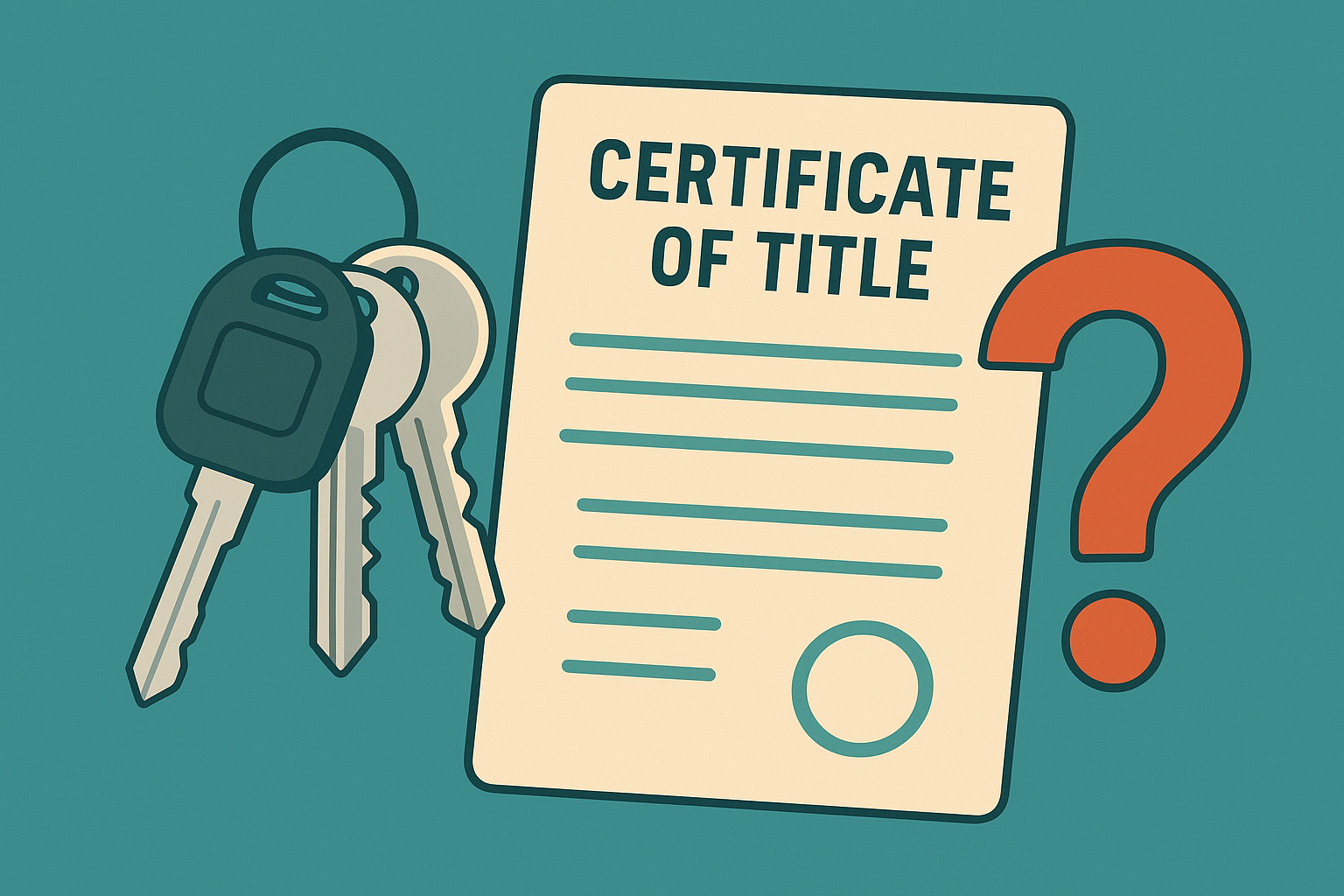You’re about to purchase a used vehicle, but how do you know the title is legitimate? A title bond can provide essential protection against fraudulent titles. If the title is later found to be defective or ownership is disputed, the bonding company compensates you for your losses. But what exactly is a title bond, and how does it work? To understand the benefits and requirements of title bonds, you’ll need to explore the specifics.
Highlights
- Title bonds provide financial security against invalid or faulty titles, verifying the seller’s ownership and transfer of the vehicle.
- The bond shifts the financial risk of title defects to the bonding company, protecting buyers from potential losses.
- A title bond acts as a guarantee of responsibility for claims or financial losses related to the vehicle’s title.
- By requiring a title bond, buyers are protected against fraudulent or disputed titles, ensuring a clear transfer of ownership.
- Title bonds offer a safety net against potential title defects, providing peace of mind regarding ownership rights and compliance with state regulations.
What Is a Title Bond and How Does It Work?
A title bond is a type of surety bond designed to protect the state and others from potential losses due to unknown or undisclosed information regarding a vehicle’s title.
You’ll need to obtain a title bond if you can’t provide proof of ownership or clear up any discrepancies in the title. The bond guarantees that you, as the vehicle owner, take responsibility for any potential claims or financial losses.
By obtaining a title bond, you’re giving assurance that the vehicle is legitimate and free from major defects. Fundamentally, a title bond provides an added layer of protection for both you and the state, helping to mitigate risks associated with disputed or unclear vehicle titles.
You’ll be required to pay a bond premium, which is a percentage of the bond amount.
Types of Title Bonds and Their Requirements
Now that you understand how a title bond works, you’ll need to determine which type of bond is required for your specific situation.
There are two primary types of title bonds: standard and bonded titles. A standard title bond is required when the vehicle’s title is lost, stolen, or damaged, but you have proof of ownership. A bonded title, on the other hand, is required when the vehicle’s title is defective or disputed, and you don’t have clear proof of ownership.
The bond amount and requirements vary by state and situation. You’ll need to check with your state’s Department of Motor Vehicles (DMV) to determine the specific requirements for your title bond. The DMV will inform you of the bond amount, duration, and any additional documentation needed.
Benefits of Title Bonds for Vehicle Buyers
When purchasing a vehicle with a defective or disputed title, obtaining a title bond can provide you with an added layer of protection.
You’ll gain financial security if the vehicle’s title is later found to be invalid or faulty. A title bond also verifies the seller’s ownership and transfer of the vehicle, giving you confidence in your purchase.
By obtaining a title bond, you’ll shift the financial risk associated with a potentially defective title to the bonding company. This coverage allows you to focus on enjoying your new vehicle without worrying about potential title issues.
With a title bond, you’re shielded from financial losses due to title defects, ensuring your ownership rights are safeguarded and protected by a financial guarantee.
This safety net provides peace of mind.
How to Obtain a Title Bond for a Used Vehicle
To obtain a title bond for a used vehicle, you’ll need to start by determining the bond amount required by your state’s Department of Motor Vehicles (DMV).
You can find this information on the DMV’s website or by contacting them directly. Once you know the bond amount, you’ll need to purchase a title bond from a licensed surety bond provider.
You’ll be required to provide documentation, such as the vehicle’s make, model, and vehicle identification number (VIN), as well as proof of ownership.
The bond provider will then issue the title bond, which you’ll need to submit to the DMV along with your title application.
This guarantees the vehicle’s title is properly bonded, protecting you from potential title defects or claims.
Frequently Asked Questions
What Happens if a Title Bond Claim Is Filed Against Me?
You’ll receive notification and instructions from the surety company. You’ll need to respond promptly and cooperate with the investigation, providing documentation to prove the vehicle title’s legitimacy or resolve the issue to avoid financial losses.
How Long Does a Title Bond Remain in Effect?
You’re probably wondering how long a title bond remains in effect. Typically, it stays active for three to five years, but it can vary depending on your state’s regulations and the specific bond agreement you’ve signed.
Can I Sell a Vehicle With a Title Bond?
You can sell a vehicle with a title bond, but you must disclose the bond’s existence to the buyer, and the buyer must agree to assume responsibility for the bond when they take ownership.
Does a Title Bond Cover All Types of Title Defects?
Approximately 200,000 vehicles are sold annually with title defects. You’re not fully protected, as a title bond typically covers only defects due to the seller’s error or omission, not pre-existing issues like prior salvage or odometer tampering.
Can I Get a Refund on a Title Bond Premium?
You can get a refund on a title bond premium if the bond is cancelled or released, usually when the vehicle is sold, traded, or junked, but check with your surety company for specific requirements and conditions.



